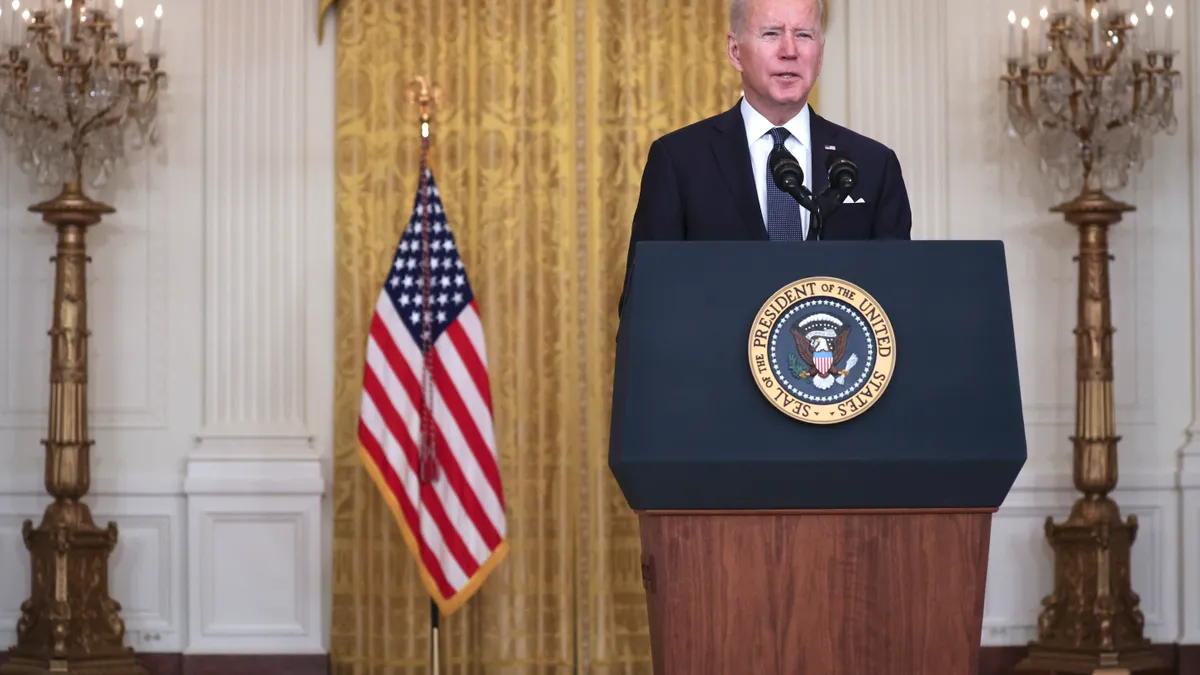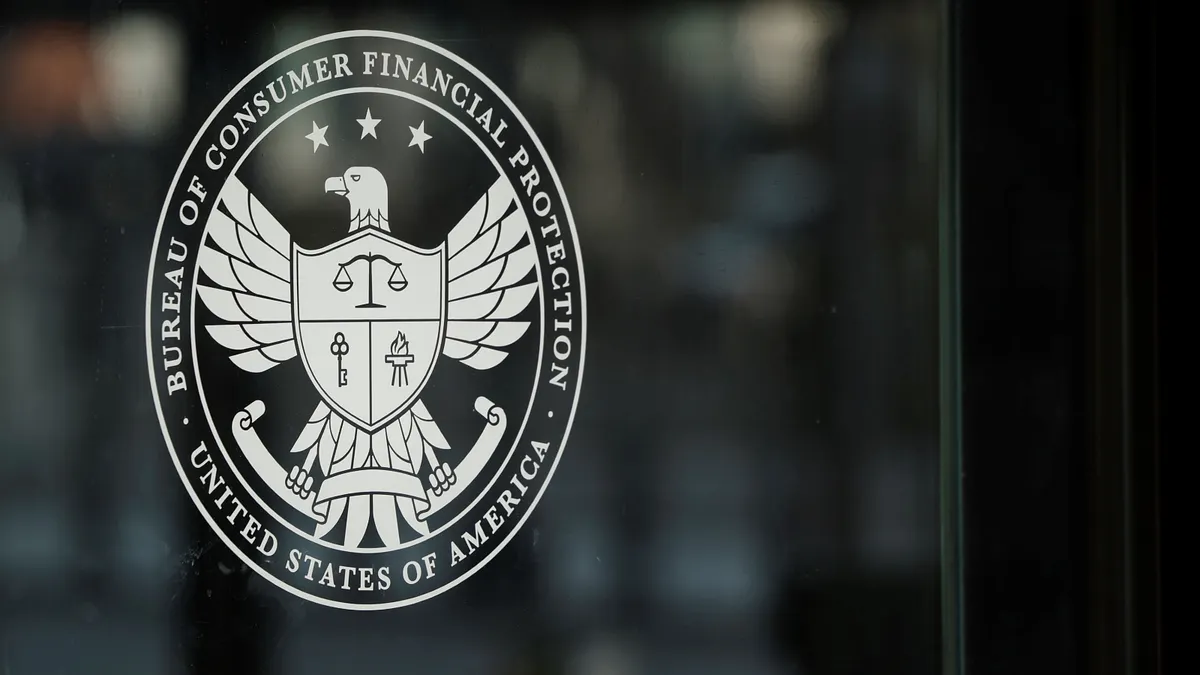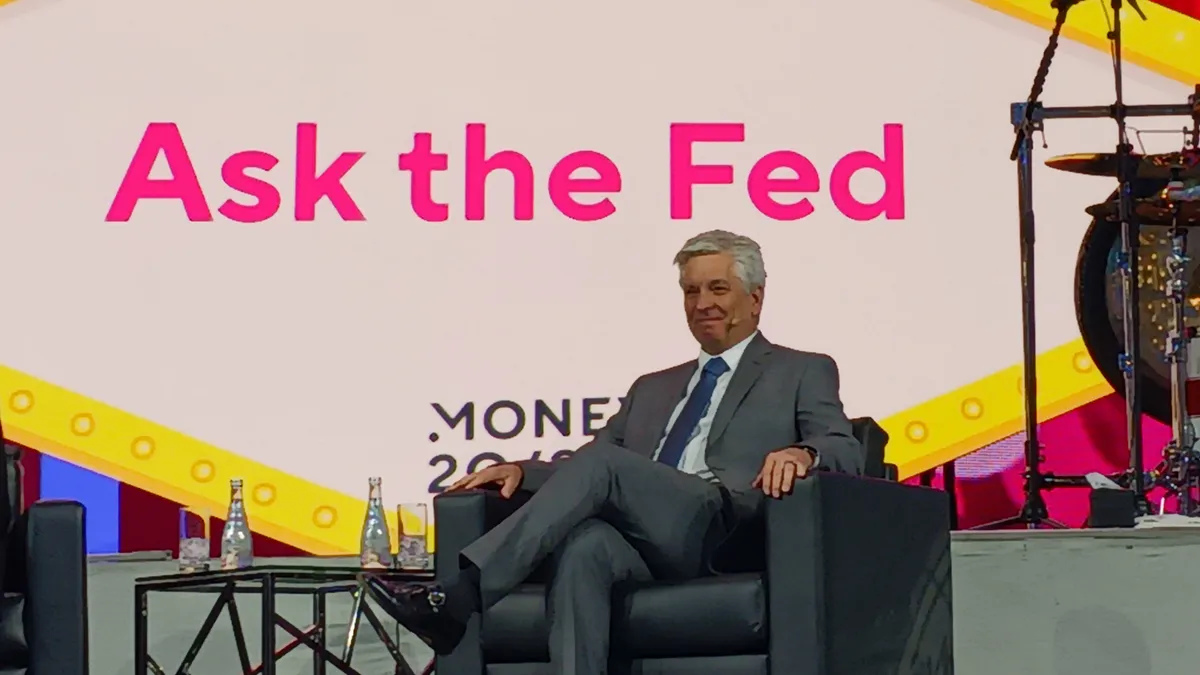Financial institutions across the globe are steeling themselves for economic shocks from the sanctions western nations are imposing against Russia.
Banks play a crucial role in carrying out such sanctions, acting to oversee and control the flow of money into Russia via bank transfers but, in doing so, expose themselves to consequences that will ripple through the world economy.
The U.S. imposed sanctions against Russia in the wake of the 2014 Crimea crisis, when Russia invaded and annexed the Black Sea peninsula from Ukraine. The Atlantic Council estimated that the sanctions reduced Russian economic growth by about $50 billion per year (or $350 billion total between 2014 and 2020).
Now, the U.S. and other Western powers are once again imposing sanctions against Russia for its aggression in Ukraine. But in the years that have passed since the Crimea invasion, Russia has enacted new safeguards to protect its economy from Western sanctions, and has access to a broader array of cryptocurrency technology that could help the nation circumvent sanctions.
In a speech Monday night, Russian President Vladimir Putin formally recognized the independence of two separatist regions in the Donbas in eastern Ukraine — the Donetsk People’s Republic and Luhansk People’s Republic — and deployed troops into the territory, ostensibly for peacekeeping purposes.
Both republics have claimed independence from Ukraine since 2014.
"The Minsk agreements do not exist now," Putin said Tuesday, referring to the peace accords Western nations helped broker in 2014 and 2015 to bring peace to eastern Ukraine without recognizing breakaway regions.
In response to Putin’s announcements, the Biden administration imposed severe restrictions on Americans doing business in Donetsk and Luhansk through an executive order Monday. Any new investments in the regions, or export of U.S. goods there, is prohibited.
Then on Tuesday, the U.S. Treasury imposed sanctions on two state-owned Russian banks (and their 42 subsidiaries): Vnesheconombank (VEB) and Promsvyazbank (PSB).
PSB acts as a military bank for Russia, overseeing almost 70% of the country's defense contracts and providing personal finance to Russian military personnel, the Treasury said.
The U.S. also imposed sanctions on Russian oligarchs with close ties to the Kremlin, including Aleksandr Bortnikov and his son Denis Bortnikov, Sergei Kiriyenko and his son Vladimir Kiriyenko, and Petr Fradkov (the chairman of PSB), according to CBS.
In addition, the Biden administration has sanctioned Russia’s sovereign debt, to restrict the nation’s ability to raise money.
Sanctions from abroad
Still, the U.S. left a lot in the tank after announcing the first round of sanctions, in the hopes it could leverage the threat of future sanctions to prevent further Russian aggression in Ukraine.
"We continue to monitor Russia’s actions and if it further invades Ukraine, the United States will swiftly impose expansive economic sanctions that will have a severe and lasting impact on Russia’s economy," Treasury Secretary Janet Yellen said.
Other Western nations have responded in kind.
The U.K. imposed sanctions against several Russian officials, as well as asset freezes on five banks: PSB, Bank Rossiya, IS Bank, the Black Sea Bank for Development and Reconstruction and Genbank, according to The Wall Street Journal. Rossiya and Genbank had already been sanctioned by the U.S.
The EU opted to sanction Bank Rossiya, PSB and VEB. The EU’s sanctions also include all members of the Russia’s lower house of parliament, who voted to recognize Donetsk and Luhansk, Reuters reported. German Chancellor Olaf Scholz has moved to halt the certification of the controversial Nord Stream 2 pipeline, owned by Russia’s state-backed energy company Gazprom, at least for now, CBS reported.
Whither SWIFT?
There are several levers Western nations have left to pull to pressure Russia.
The U.S., for example, has yet to block Russia from the Society for Worldwide Interbank Financial Telecommunication (SWIFT), an international payments system.
Removing Russia from SWIFT would damage the country’s ability to receive profits from oil and gas exports, which account for 40% of the nation’s revenue, according to the Financial Times.
The U.S. has avoided this option because cutting Russia off from SWIFT would impose costly economic shocks to the U.S. financial institutions, Protocol reported. In the long run, such action could fuel the creation of an alternative payments system for Russia and China, or further popularize the use of blockchain technology for shepherding international payments, reducing the world’s reliance on the U.S. dollar.
SWIFT describes itself as a "global cooperative" that operates for the benefit of the 11,000 institutions in 200 countries.
"Any decision to impose sanctions on countries or individual entities rests solely with the competent government bodies and applicable legislators," according to a SWIFT statement. A spokesperson declined to elaborate.
Cryptocurrency may play a role in Russia’s efforts to dodge Western sanctions, The New York Times reported. While western governments block Russia’s bank transfers, crypto offers another corridor through which Russia can raise capital. Iran and North Korea have already used crypto to skirt Western sanctions, the outlet reported.
In recent times as tensions have escalated, Russia has accelerated the development of a central bank digital currency (CBDC), which may allow for the country to raise liquidity even if it is shut out of SWIFT, according to Blockworks.
Exposure and contagion
U.S. financial institutions have limited their involvement with Russia since the 2014 annexation of Crimea.
This first wave of sanctions may have a greater impact on more deeply exposed European financial institutions than on their American counterparts.
U.S. lenders had claims of $14.7 billion against Russia in 2021, whereas European lenders have $30 billion in exposure, according to Reuters.
Austria’s Raiffeisen Bank International was preparing "crisis plans," the wire service reported. Britain's HSBC, meanwhile, cautioned on some level of turmoil in the global markets.
"It's clear that there is a likelihood of contagion or some second-order effect, but it will depend on the severity of the conflict and the severity of the retaliation if there is a conflict," the CEO Noel Quinn told Reuters in an interview.
One of the largest threats to banks and other financial institutions across the western world is that Russia may clap back in the form of cyberattacks.
Such action has precedent, considering that Iranian hackers launched cyberattacks against the U.S. banking sector in 2012 and 2013 after the west imposed sanctions on the country for its nuclear program, CNN reported.
Ukrainian institutions report being assaulted by a plethora of cyberattacks from the Russian military, including distributed denial of service (DDoS) attacks on bank and government websites, according to the BBC.
U.S. officials met with executives from banks including JPMorgan Chase and Citi to discuss the growing threat of Russian cyberattacks, according to CNN.
"To name just a few oligarchs and a handful of Tier 2 and 3 banks — if you are Russia, you will really feel like you have gotten away with something," Jason Hungerford, a partner at Mayer Brown who specializes in sanctions, told the Financial Times.
Stronger sanctions looming
Sanctions, however, have not deterred Russia's objective. Russian forces launched a full-scale invasion of Ukraine on Thursday, after Putin announced a "special military operation" would take place in the country.
The incursion constitutes the largest attack by one sovereign state against another since World War II, Reuters reported. Fighting has broken out along much of Ukraine’s eastern border, and explosions and gunfire have been reported in Ukraine's capital, Kiev.
Ukrainian President Volodymyr Zelensky has declared martial law, and said his government will provide weapons to any Ukrainian who wishes to join the reserve army.
As the fighting unfolds, Western powers are gearing up to impose more stringent sanctions to throttle the Russian economy.
The banks the U.S. targeted Tuesday only account for 5% of Russia’s total bank assets, according to the Financial Times. If the U.S. were to set larger, more systemically important banks in its sights — such as Sberbank, which accounts for 32.6% of Russia’s bank assets, or VTB, which accounts for 16.4% — that would pose a more serious threat to Russia.
Such announcements may be in the offing, considering Reuters reported Tuesday that an unnamed senior U.S. administration official specifically told journalists the U.S. would impose sanctions on Sberbank and VTB if Russia were to invade Ukraine.
U.S. President Joe Biden is set Thursday to address Russia’s recent offensive and announce further economic penalties, shifting from a preventative approach to a punitive one.
In addition to imposing sanctions on a greater number of Russian banks and other financial institutions, such penalties may include direct sanctions on Putin and other top Kremlin officials, and focus on halting Russian access to certain technologies.
The U.S. aims to work in lock-step with its allies as the EU and U.K. also prepare to announce stricter sanctions.
"Our mission is clear: Diplomatically, politically, economically and eventually militarily, this hideous and barbaric venture of Vladimir Putin must end in failure," British Prime Minister Boris Johnson said on Twitter.
European Commission President Ursula von der Leyen said the EU will impose new sanctions that "will weaken Russia’s economic base and its capacity to modernize," and "freeze Russian assets in the European Union and stop the access of Russian banks to European financial markets," according to The Associated Press.
"We want to cut off Russia’s industry from the technologies desperately needed today to build the future," she added.
China, by contrast, has not condemned Russia’s attack, and has approved wheat imports from Russia, in a move that somewhat blunts the economic impact of Western sanctions while bringing Moscow and Beijing closer. China has called for diplomatic talks to settle the crisis but is the only major government not to denounce Russia's recent moves, according to The Washington Post.
Since 2014, Russia has restructured the economy to better shield itself from economic penalties. It has squirreled away massive currency reserves, reduced its government budget and shifted away from western imports, The New York Times reported.






















